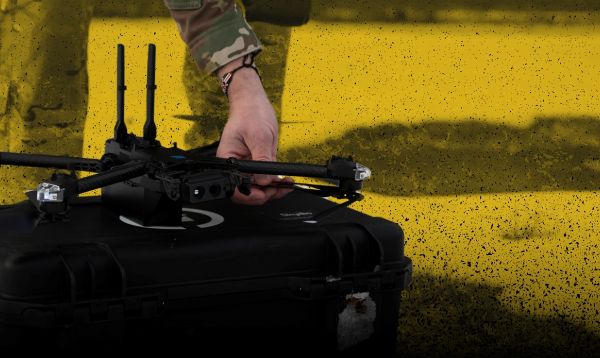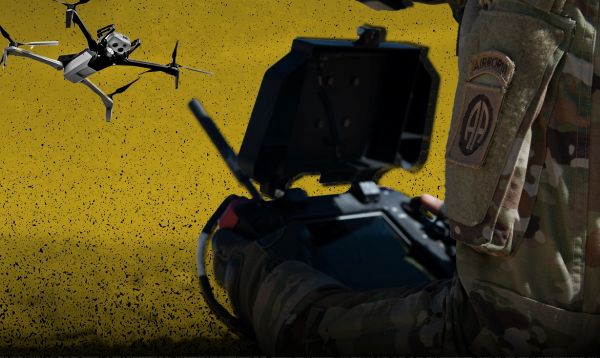The Problem
CCurrent unmanned aircraft systems (UAS) and payloads are often proprietary and designed to be mission-specific. Some systems offer swappable payloads; however, these payloads aren’t interchangeable across UAS manufacturers, and additional capabilities depend on the same manufacturer developing new payloads. To maximize battlefield usability, the Army wants the ability to swap payloads on the fly via common connections.
The Opportunity
For this Phase I SBIR effort, the selected companies can receive up to $250,000 each for a 3-month period of performance.
Awardees will collaborate with government stakeholders and UAS vendors to plan for the integration of their payloads using Picatinny Common Lethality Interface Kit (CLIK), along with developing plans for technology improvements to their payloads. The intent of this project is to explore, test, refine, and advance modular payload technologies as an industry-government team, experimenting iteratively through Soldier touchpoints.
What Makes SPARTN Different?
SPARTN combines Army SBIR funding and AAL's business model to create a program that moves — and pays — at the speed of business. By blending government and industry best practices we introduce a whole-of-Army approach to innovation.
Learn more about the SPARTN Program.

